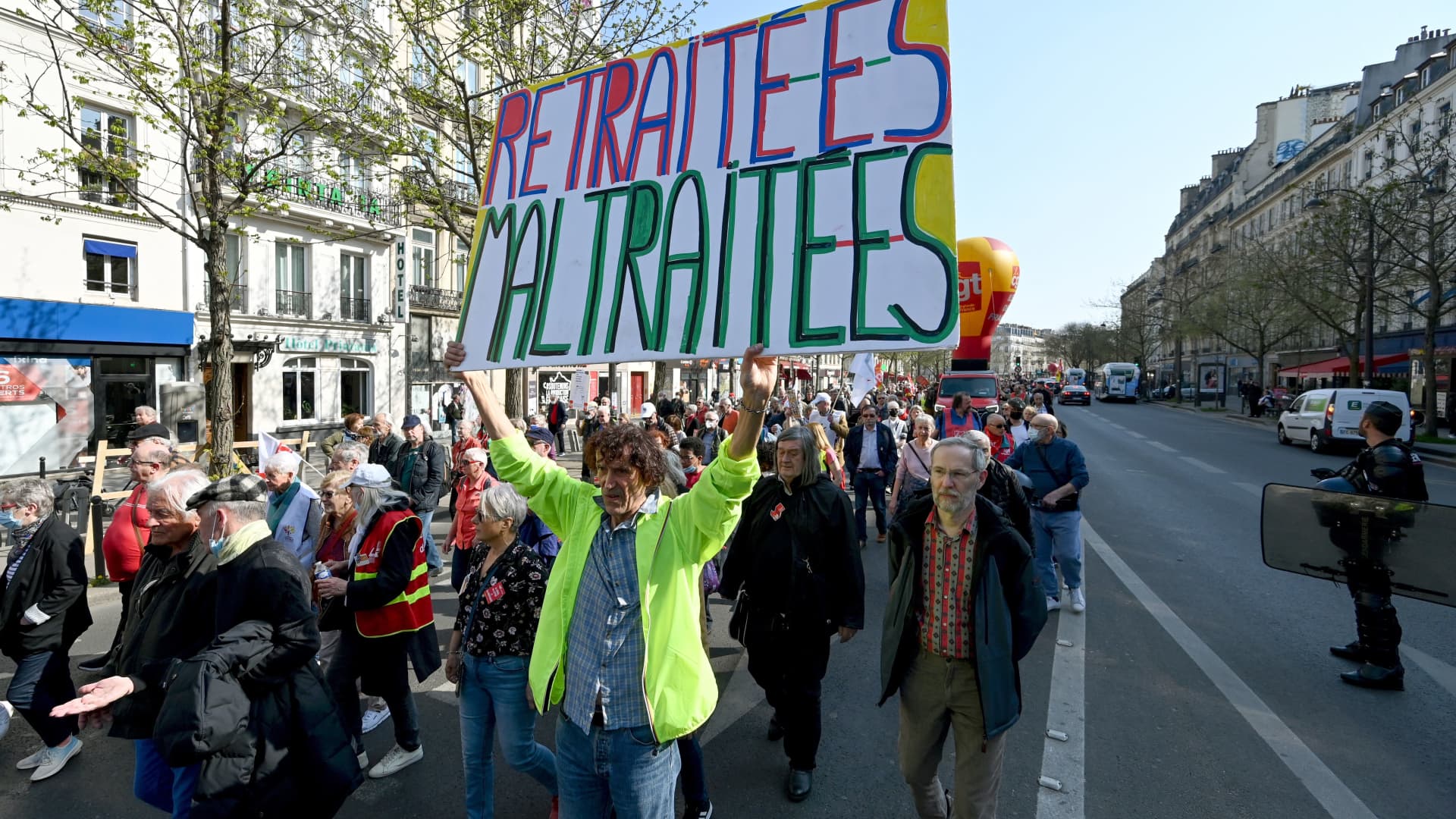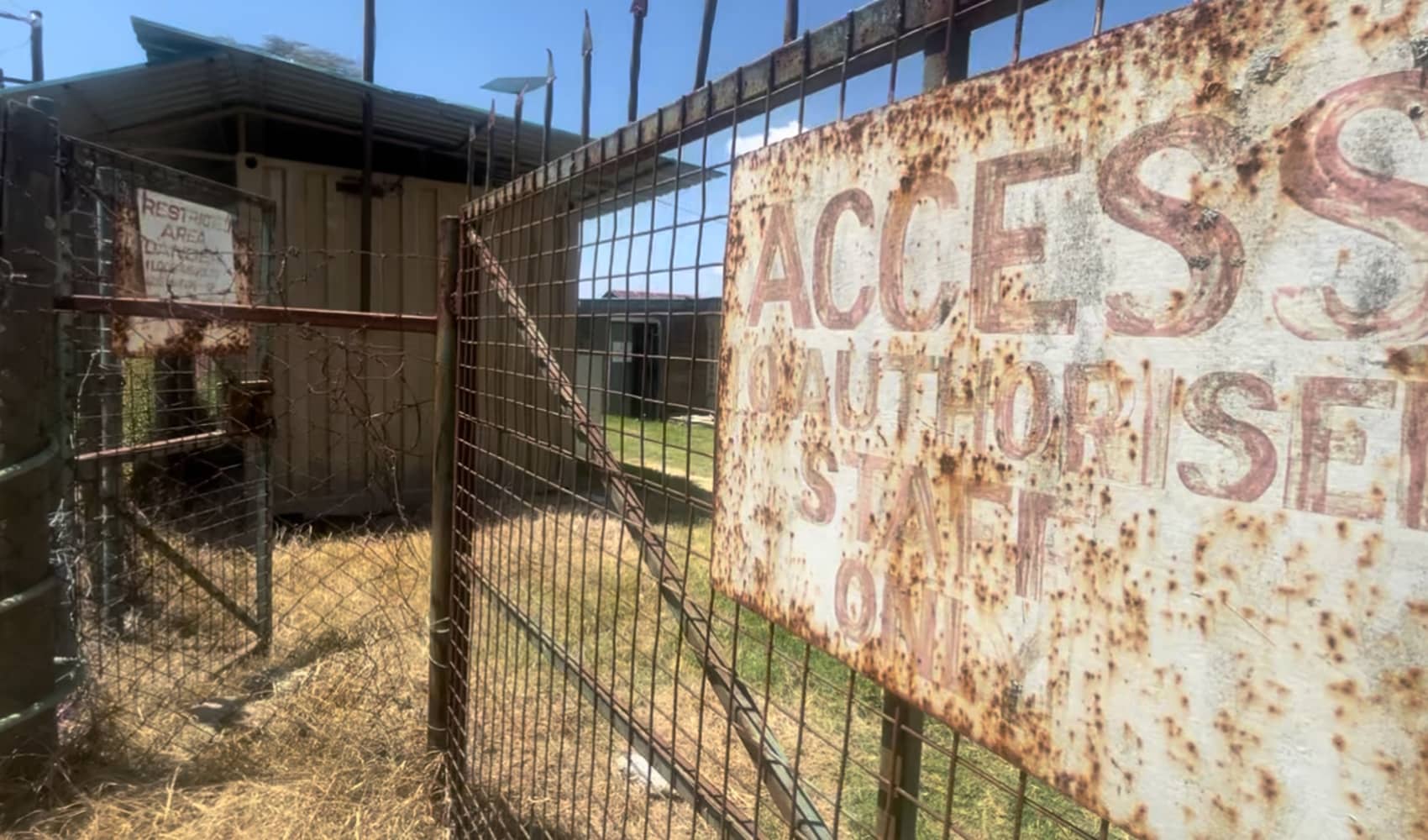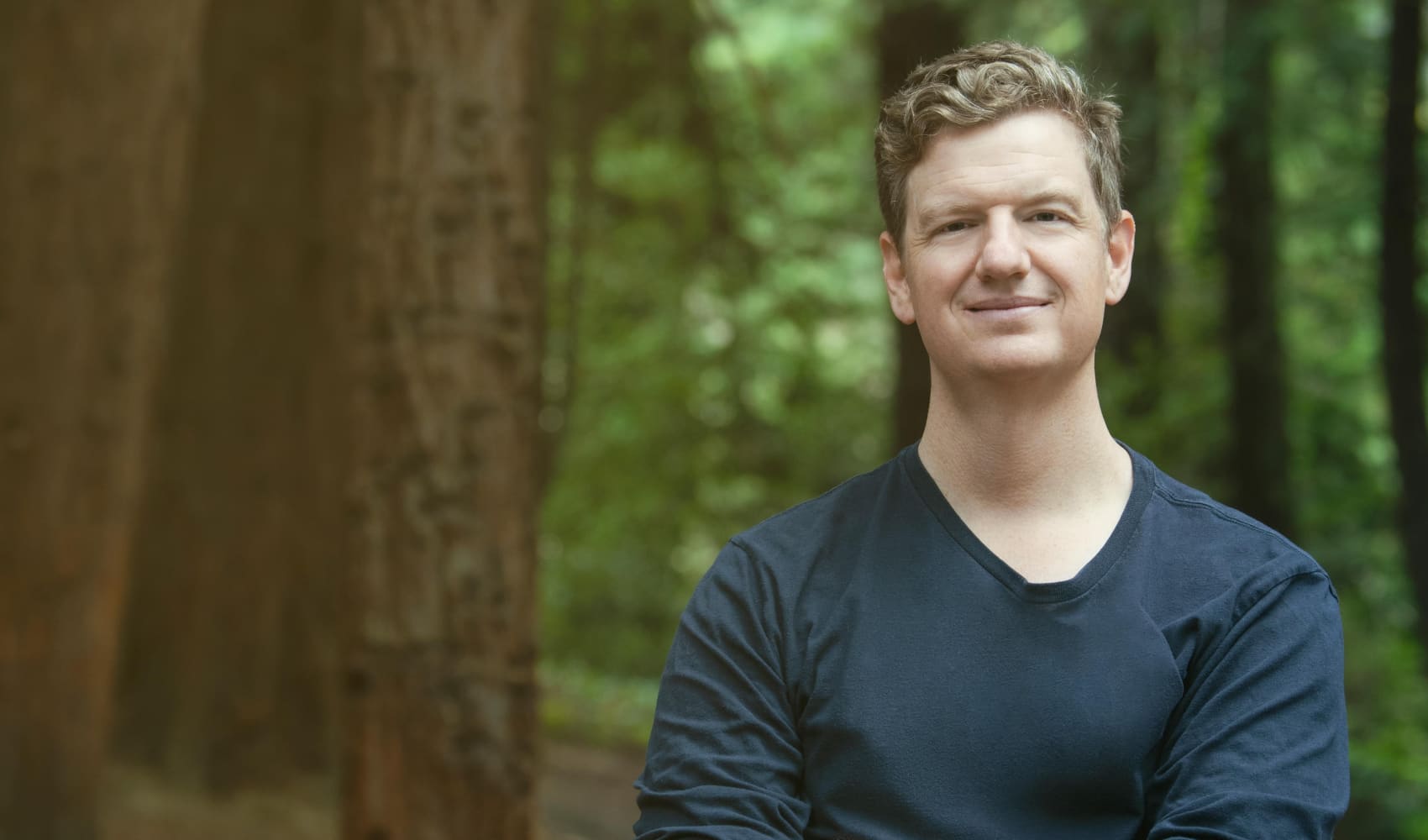
- President Emmanuel Macron wants to push back the retirement age to 65, from 62 — one of the earliest retirement ages among industrialized nations.
- France heads to a presidential first-round vote on April 10, followed by a final round on April 24.
- Opinion polls show support for Macron rising in the wake of Russia's invasion of Ukraine — though some of that boost has faded more recently.

France looks set to push back its retirement age — after several failed attempts — as war in Ukraine and Emmanuel Macron's active diplomacy have boosted the chances of the president being re-elected.
Reforming France's complicated retirement and pension policies has been tricky and costly for many French presidents, and Macron is no exception. His original plan to reform the pension system was put on hold in 2020 due to uncertainty over the coronavirus pandemic.
Get Boston local news, weather forecasts, lifestyle and entertainment stories to your inbox. Sign up for NBC Boston’s newsletters.
But he has not given up, and now wants to push back the retirement age to 65, from 62. France currently has one of the earliest retirement ages among industrialized nations.
Now that his chances of being reelected seem higher, analysts are expecting that he will go ahead with his controversial reforms.
"The probability [that pension reforms will go ahead] has gone up, even though Macron was already due to be re-elected" prior to Russia's invasion of Ukraine, Salomon Fiedler, an economist at Berenberg, told CNBC Thursday.
Money Report
France heads to a presidential first-round vote on April 10, followed by a final round on April 24. Opinion polls show support for Macron rising in the wake of Russia's invasion of Ukraine — though some of that boost has faded more recently.
Perhaps even more important is the fact that some of his political opponents have close links to the Kremlin. Marine Le Pen, the leader of the anti-immigration Rassemblement National party who is running for a third time to be France's president, reportedly accepted money from Russian banks some time ago to keep her party afloat.
She also had to reportedly destroy thousands of campaign leaflets earlier this year that included her photo alongside Russian President Vladimir Putin. Her campaign later insisted it was because of a typographic error.
"His political opponents are definitely soft on Russia," Tomasz Michalski, associate professor at the H.E.C. Business School in Paris, told CNBC.
Crucially for the pension reforms, the vote for the French National Parliament which follows in June will be even more important — this is because it will tell us whether Macron will have a working majority or whether his party members will need to form coalitions to pass laws.
Michalski said that it is "very likely" that the next French Parliament will have more lawmakers supportive of Macron — which would increase the chances of the president getting the necessary backing to approve his reforms.
In addition, there seems to have been a slight change in sentiment among France's political landscape toward pension reform. Even Le Pen, who had previously advocated for a retirement age of 60 years for everyone, has recently changed her mind for a "more realistic reform."
She is now pushing for a 60-year retirement age for those who started working before they turned 20. Conservative Party candidate Valérie Pécresse is also supportive of a retirement age of 65.
Currently, France's retirement age is 62 — but there are exceptions based on your type of career. This is something that Macron wants to change as well streamline the system.
Jessica Hinds, senior European economist at Capital Economics, told CNBC that pension reform "will happen gradually" in France.
She added that because Pécresse wants to change pensions too, Le Pen has become more pragmatic about her stance. Therefore, Macron "can try moving [the reform] via parliament" without needing a special decree to bypass any angry lawmakers, she said.
However, changing France's pensions system is not going to be an easy task.
In an opinion poll published Friday, 70% of respondents said they were opposed to raising the retirement age, half of whom were "very opposed."
Either way, Fiedler from Berenberg said France "needs to balance their budget."
France has one of the highest expenditures on pensions among OECD countries. In 2018, this represented 13.8% of France's total GDP — which was only surpassed by Greece and Italy.






